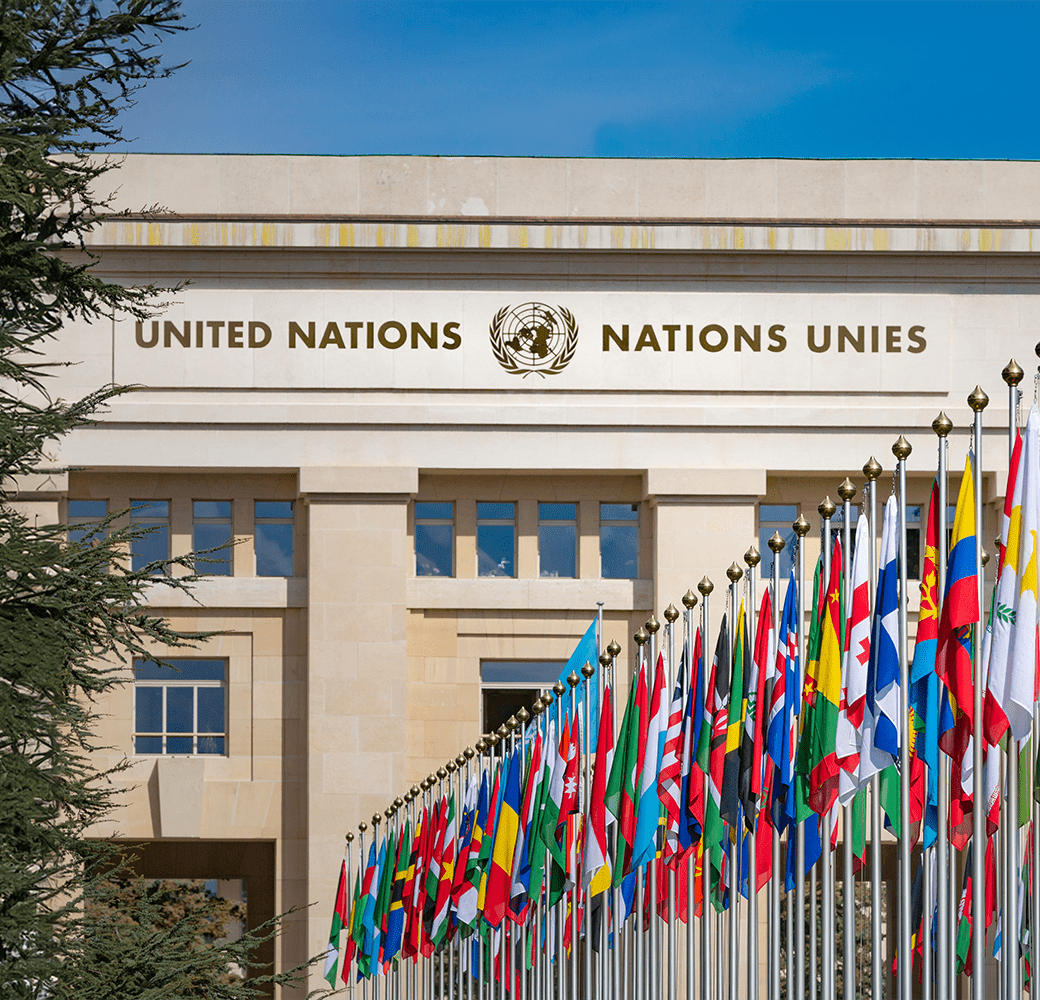About the UN Human Rights Office:
- Promotes and protects human rights globally
- Its work on elections includes ensuring that elections meet international human rights standards, and that they are held in an environment in which everyone can exercise their fundamental rights.
- Dataminr customer since 2021
2024 is a super election year for people around the globe with voters in over 60 countries heading to the polls. As we have witnessed this year, disruption and violence before, during and after elections is rampant in several parts of the world, presenting a tremendous challenge for public sector and nonprofit organizations that work to ensure safe elections for the communities they serve. This includes those that are in Latin America.
We spoke with Pedro Souza, Information Management Officer at the UN Human Rights Office, to learn how he and his team have used First Alert, Dataminr’s product for the public sector, to effectively detect, report and analyze election-related human rights issues in Latin America. The goal is to raise local and international awareness, ultimately helping to ensure safe elections in Latin American communities.
Detect and analyze trends in violence during elections
As part of the UN Human Rights Office’s mission to ensure genuine and safe elections in Latin America, Souza and his team are in charge of conducting trend analysis of election-related and political violence incidents in their assigned countries. In particular, they focus on violence that targets vulnerable, at-risk groups such as the LGBTQIA+ community, women of African descent, indigenous people and other minority groups. Their trend reports are then used to support initiatives that advocate for elections and human rights in each country.
Dataminr’s First Alert has proven itself a valuable and reliable tool in empowering Souza and his team to effectively carry out their tasks by notifying them of critical events early on, such as the highway blockade by the Brazilian police to prevent voters from accessing voting polls in 2022. Souza first learned of the incident via First Alert’s real-time, breaking news alerts—well in advance of major media sources, giving him the additional time needed to produce a well-informed, detailed report.
“When there is something happening in real time, the sooner we get that information the better for us,” said Souza.
As Souza is able to easily customize his search patterns within First Alert to receive the most relevant, accurate alerts on critical incidents in his assigned countries, he and his team can allocate the majority of their time and resources to developing insightful trend analyses. Without First Alert, manual risk monitoring during uncertain times and/or situations that can escalate quickly—such as political instability—would have been a highly time-consuming and arduous task.
Additionally, with access to First Alert’s real-time data, Souza and his team were able to collaborate with other nonprofit organizations, such as Reporters Without Borders, to identify incidents of violence against journalists during past elections in Latin America. This enabled Reporters Without Borders to stay abreast of threats and better safeguard their journalists, and for the journalists to stay informed and protect themselves.
For the remainder of 2024, Souza is looking to leverage First Alert to keep up to date with potential violence and critical events during the presidential and localized elections in Ecuador and Brazil, respectively.
Real-time alerts help ensure employee safety
Protecting its people’s safety is a top priority for the UN Human Rights Office, especially the safety of those who work in the field. By having First Alert’s real-time information at their fingertips, Souza and his team are able to help their colleagues—who are on the ground—stay abreast of emerging risks and disruptions.
For example, Souza received a First Alert alert on a bomb threat that was in close proximity to his colleagues when they were working in Chile in 2021 and 2022 (not during an election). He immediately notified them of the situation and the location of the threat, allowing them to quickly move away from the potential impacted area and stay safe.
Watch video: Protect Communities, Infrastructure and Assets With First Alert
I wish I could have more people in the organization that know how to use First Alert. I have been advocating for the tool for a long time,…and it’s very useful. There are many use cases for First Alert.
— Pedro Souza, Information Management Officer at the UN Human Rights Office.
Discover First Alert
See how public sector organizations and agencies use First Alert to stay ahead of breaking news and high-impact events.
Learn More




